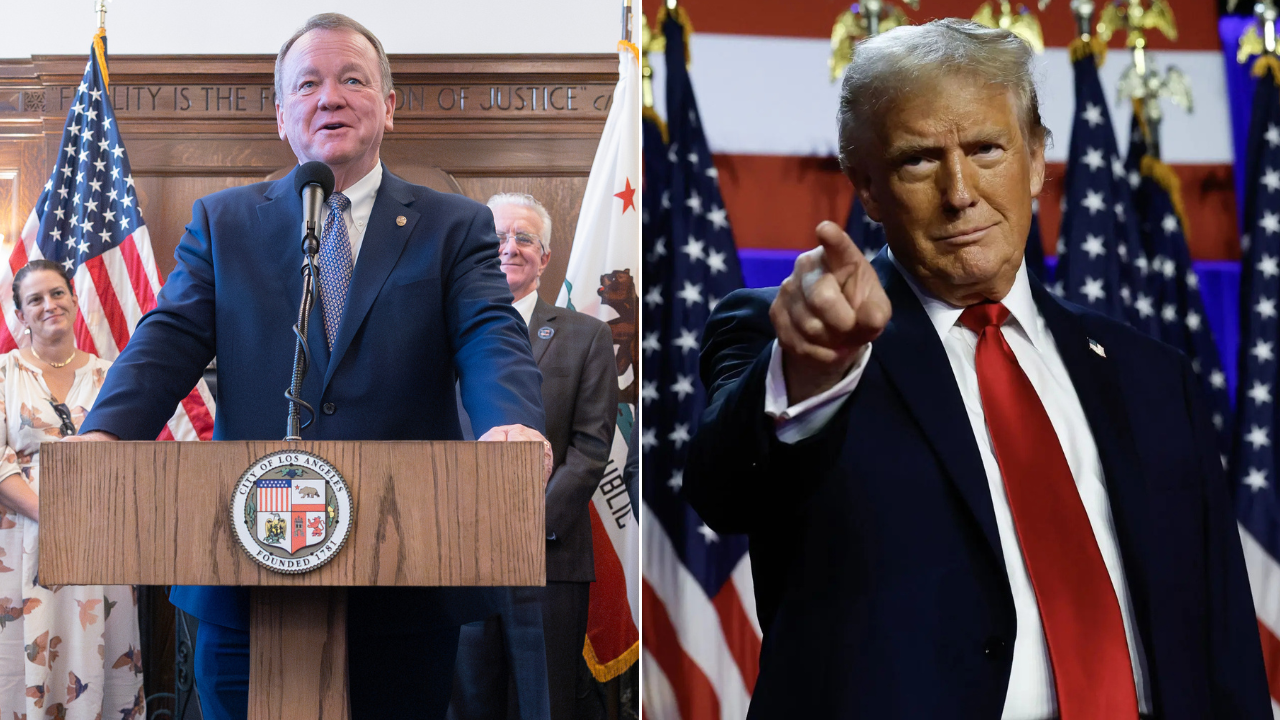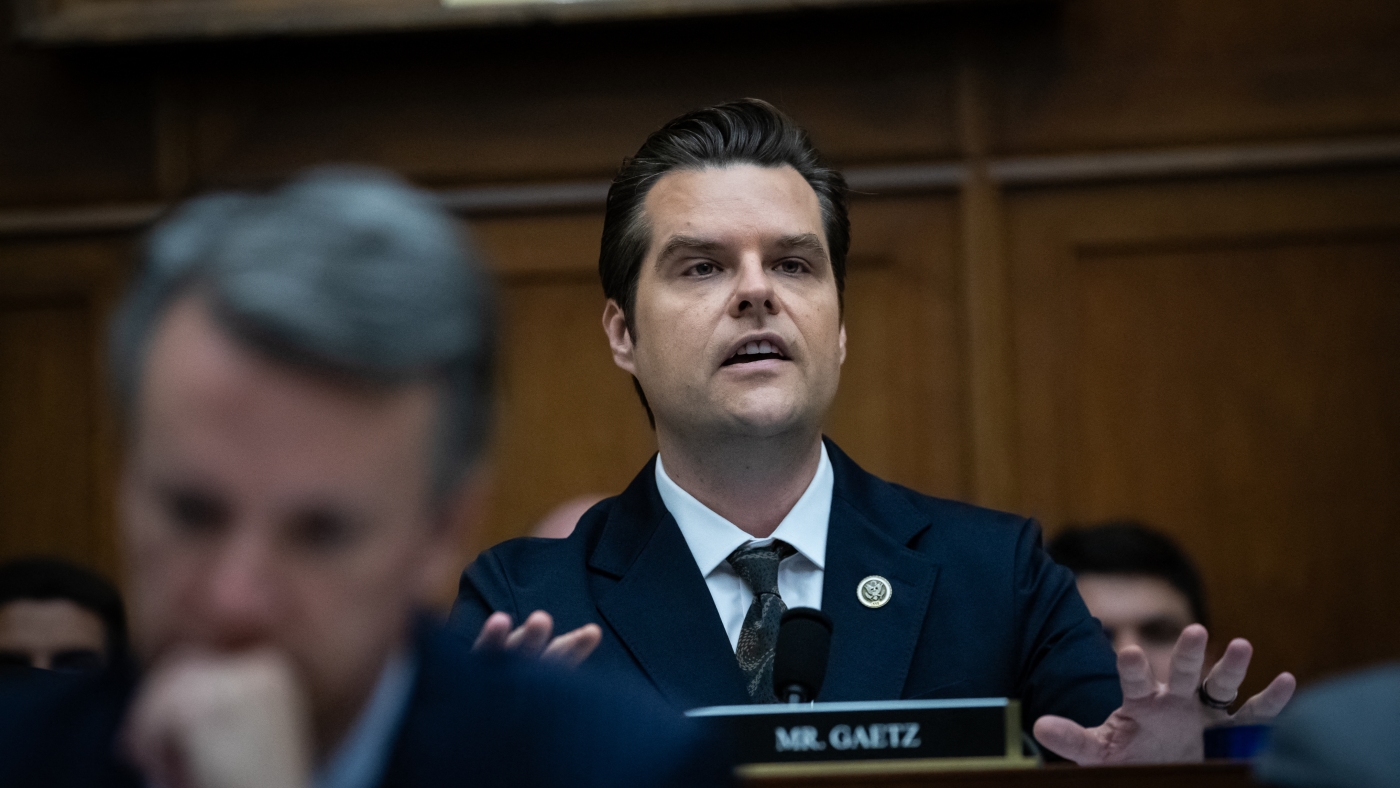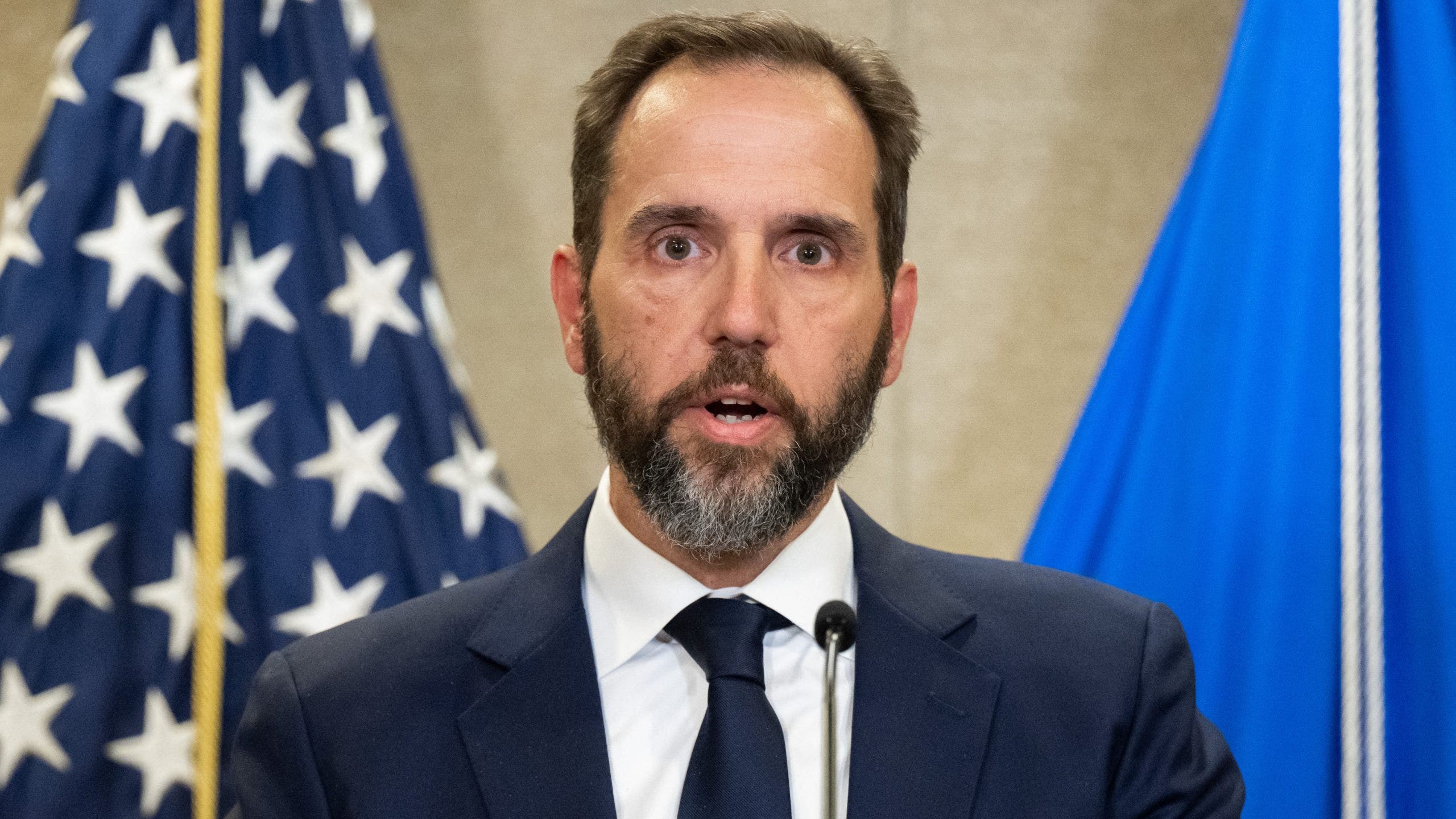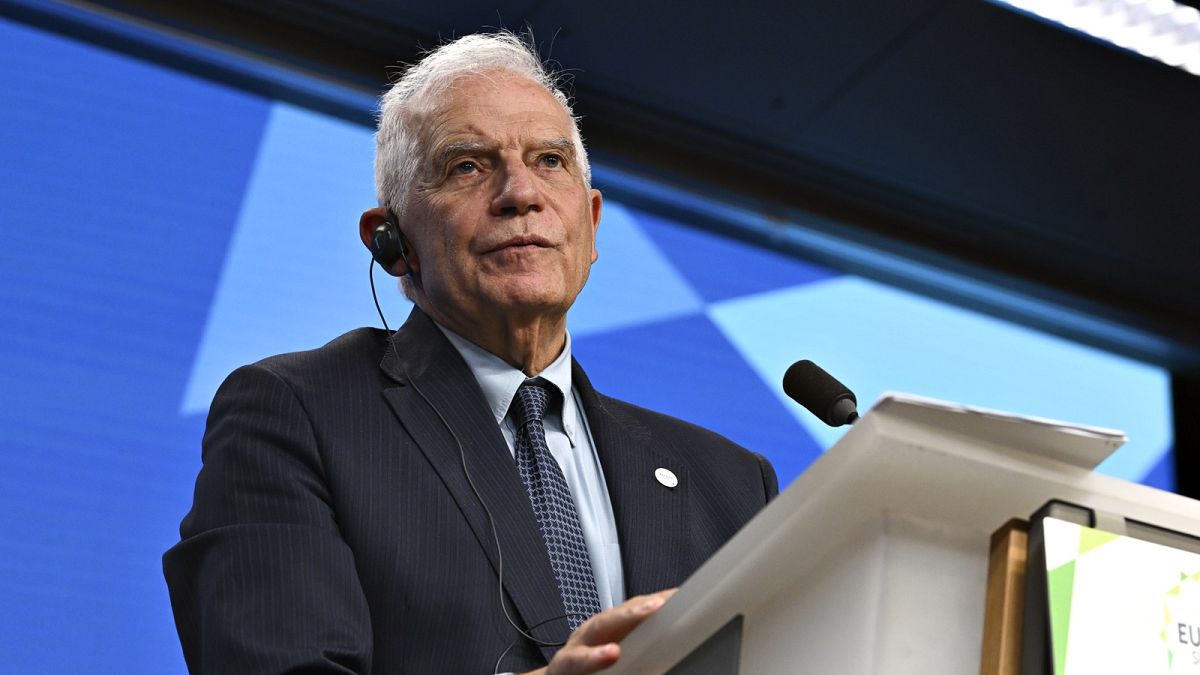Finance
Over 50% expect pay raise next year: Cathay Financial – Focus Taiwan

Taipei, Nov. 20 (CNA) Cathay Financial Holding Co. said Monday that a recent survey showed more than 50 percent of its clients expect to get a pay raise in 2024.
Although 51.9 percent of respondents believed that their incomes would increase next year, only 25.2 percent said they expected to receive a wage increase of over 3 percent, Cathay Financial said.
The survey results indicate that many believe businesses will follow the lead of the government, which will raise Taiwan’s monthly minimum wage by 4.05 percent to NT$27,470 (US$867) and the minimum hourly wage from NT$176 to NT$183 from next year, Cathay Financial added.
Cathay Financial said that 64 percent of respondents said their wages had not changed in the last six months, with 18.1 percent reporting an increase and 17.9 percent a decline.
Meanwhile, 24.8 percent of the respondents said the local economy improved from six months earlier, while 48 percent said it had deteriorated.
The figures translate into an economic optimism index for the current economic conditions of minus 23.2 in November, a more pessimistic assessment than the minus 21.4 in October.
The survey also found the economic optimism index over the next six months stayed unchanged from a month earlier at minus 9.1 in November.
According to the National Development Council, Taiwan’s economy ended 10 consecutive months of contraction in September.
In its most recent report, the NDC said its index gauging economic conditions sat in the “yellow-blue” range, indicating sluggish growth, an upgrade from a “blue light” signaling contraction.
However, the NDC said its leading indicators, which assess the economic climate over the next three to six months, moved lower by 0.77 percent from a month earlier to 97.88 in September, the sixth consecutive monthly decline.
Cathay Financial said the further drop in the leading indicators prompted many of those surveyed to stay cautious about the local export-oriented economy at a time of global demand weakness amid high inflation and aggressive interest rate hikes by the major central banks in the world.
Cathay Financial said that such caution was also reflected in the indexes gauging the willingness to purchase big-ticket items and durable goods, which fell to 7.0 and minus 15.4, respectively, in November from 7.2 and minus 13.8 in October.
Meanwhile, the optimism index on the local stock market fell to minus 0.4 in November from 4.1 in October, and the index assessing investors’ appetite to take risks also moved lower to 10.3 from 11.9 amid volatility on the global equity markets, Cathay Financial said.
Respondents in Cathay Financial’s November survey pegged Taiwan’s 2023 economic growth at 1.6 percent, unchanged from a similar survey in October, with only 21 percent saying they expected annual growth to top 2 percent.
The 1.6 percent growth predictions came close to a forecast from the Directorate General of Budget, Accounting and Statistics, which said in August that Taiwan’s economy would grow 1.61 percent, a downgrade from a 2.04 percent estimate made in May.
The survey also showed the respondents expected growth in the local consumer price index (CPI) to reach 2.5 percent in 2023, unchanged from the October poll, while about 84 percent expected the CPI to exceed 2 percent, the alert level set by the central bank.
The survey collected 14,287 valid online questionnaires from clients of Cathay Life Insurance and Cathay United Bank, which are wholly owned by Cathay Financial.

Finance
‘Partisan politics’: how efforts to overturn the Johnson amendment could upend campaign finance

Donald Trump has long promised his evangelical base he will undo the Johnson amendment, allowing churches and other non-profits to weigh in on and donate to political campaigns – and his path to doing so is now clearer than ever.
A provision of the tax code since 1954, the Johnson amendment prohibits all tax-exempt non-profit organizations from making political endorsements in – or offering monetary support to – political campaigns. If the president-elect succeeds in overturning it through any of a few available methods, experts say it could have the profound effect of opening up a flow of dark money into politics.
“I think it’ll have as big, or a bigger impact than Citizens United,” said Andrew Seidel, a constitutional attorney and expert on Christian nationalism. “I don’t think people are fully prepared for a country in which churches can accept tax deductible donations in the billions of dollars and then turn around and use that money for partisan politics.”
With a likely narrow majority in the US House of Representatives and the Senate, Trump has multiple avenues to challenge the provision. He could try to push Congress to take legislative action. He could attempt to unwind parts of the provision through executive action, an approach that would likely be subject to litigation. Or, he could involve the Department of Justice – which he has vowed to mobilize politically – in a key, ongoing Texas lawsuit threatening the law.
During Trump’s first term, he failed to deliver on his promise to destroy the amendment. Congress failed to roll back the regulatory measure and in an executive order gesturing at the issue, Trump only advised the treasury to take a lenient posture on the political speech of clergy – “to the extent permitted by law”.
Now, with a lawsuit filed in Texas making its way slowly through the courts, Trump has yet another avenue to chip away at legal limits on churches’ political activity. The complaint, filed against the IRS by National Religious Broadcasters, two Texas churches and the group Intercessors for America – whose mission includes a “call for godly government” – seeks to find the Johnson amendment unconstitutional.
It claims that churches are subject to “unique and discriminatory status” under the tax code and that the IRS “operates in a manner that disfavors conservative organizations and conservative, religious organizations” in enforcing the law.
Named after its author Lyndon B Johnson, the Johnson amendment is inserted into section 501(c)(3) of the tax code to prevent certain non-profits from “participating in, or intervening in, any political campaign on behalf of (or in opposition to) any candidate for elective public office”. The law also notes that “contributions to political campaign funds” would “clearly violate” the provision.
Some churches already flaunt the law’s requirement to refrain from endorsing political candidates – a trend that the Texas Tribune has documented. Repealing the Johnson amendment would allow churches to go further, including potentially donating to partisan causes. Because churches, unlike other non-profit organizations, are not required to file 990 forms disclosing key financial information to the IRS, such an arrangement would allow for little public oversight.
Representing National Religious Broadcasters on the complaint is Michael Farris, the former CEO of the powerful rightwing legal outfit Alliance Defending Freedom and a driving force behind the “parental rights” movement, which seeks to limit schools’ ability to teach about race, gender and sexuality in the classroom. Like the conservative “parental rights” movement, the push to do away with the Johnson amendment could chip away legal barriers separating church and state.
In the short run, overhauling the provision could, Seidel said, allow churches to function effectively as Super Pacs, accepting tax-deductible donations from politically-motivated donors and channeling them into political causes. Such a scenario could, Seidel cautions, force churches to subject themselves to the same financial disclosures that Super Pacs face.
“The church could be the subject of litigation, but then again, who’s going to be running the IRS? Who’s going to be enforcing that?” said Seidel. “It’ll be the Trump administration.”
Finance
9Pay Presents All-in-One Efficient Financial Solution at Singapore FinTech Festival

HANOI, Vietnam, Nov. 14, 2024 /PRNewswire/ — From November 6 to 8, 9Pay showcased comprehensive payment services in Vietnam to businesses at the Singapore FinTech Festival 2024. 9Pay’s participation at one of the largest global Fintech events has attracted significant attention from companies and industry experts.
Singapore FinTech Festival (SFF) 2024 is organized by the Monetary Authority of Singapore in collaboration with the Association of Banks in Singapore for the 9th time at the Singapore EXPO Convention & Exhibition Center. The event attracted 65,000 participants from 134 countries and regions, including more than 3,400 government and regulatory attendees across 665 central banks, regulatory institutions, and other government organizations.
For 9Pay, attending SFF 2024 in Singapore is a strategic step to strengthening its position in fintech in Southeast Asia and the world. Coming for the first time as an official exhibitor of this famous financial event, 9Pay was welcomed warmly by many financial professionals and clients, as a trusted fintech company in Vietnam. This has contributed to strengthening the position of Vietnam’s financial technology industry in the international area, demonstrating that Vietnamese fintech enterprises are ready to compete and integrate into regional and global marketplaces.
The State Bank of Vietnam’s 2024 report highlights Vietnam as a top FDI destination, ranking 25th globally and outpacing regional peers like Indonesia, the Philippines, and Thailand. Key drivers include Vietnam’s large domestic market, robust consumer spending, and proactive government reforms that streamline processes and bolster foreign trade. Improved technology infrastructure has made sectors like e-commerce, fintech, logistics, education, and tourism particularly attractive. With deep market insight, 9Pay, a licensed payment intermediary, has empowered numerous companies to thrive in Vietnam by offering seamless, all-in-one payment solutions.
As the leading payment service provider, 9Pay has established powerful partnerships with international PSPs and Remittances, allowing partners to receive payments seamlessly and facilitating smooth money transfers to Vietnamese beneficiaries. Typical instances include e-commerce platforms expanding in Vietnam that can easily collect payments and promote growth, and an online education provider that integrated 9Pay’s localized payment solution, simplifying tuition payments for Vietnamese students while improving user experience.
Boost Business Efficiency with Collection – Disbursement and Payment Gateway Service
The 9Pay Collection and Pay-Out Service offers several standout benefits for partners aiming to expand and operate efficiently in Vietnam. One of key strengths is the Localized Banking Advantage, enabling partners to use 9Pay as a local bank account for seamless collection and disbursement, simplifying operations and enhancing financial workflows.
Finance
Brazil's Finance Minister Signals Uncertainty Over Fiscal Package Announcement This Week
-

 Culture1 week ago
Culture1 week agoTry This Quiz on Books That Were Made Into Great Space Movies
-

 Health7 days ago
Health7 days agoLose Weight Without the Gym? Try These Easy Lifestyle Hacks
-

 Culture6 days ago
Culture6 days agoThe NFL is heading to Germany – and the country has fallen for American football
-

 Business5 days ago
Business5 days agoRef needs glasses? Not anymore. Lasik company offers free procedures for referees
-
/cdn.vox-cdn.com/uploads/chorus_asset/file/25538361/247196_Echo_Spot_Review_8A0A1511_CVirginia.jpg)
/cdn.vox-cdn.com/uploads/chorus_asset/file/25538361/247196_Echo_Spot_Review_8A0A1511_CVirginia.jpg) Technology1 week ago
Technology1 week agoAmazon’s Echo Spot alarm clock is on sale with a free color smart bulb
-

 Sports6 days ago
Sports6 days agoAll-Free-Agent Team: Closers and corner outfielders aplenty, harder to fill up the middle
-

 News3 days ago
News3 days agoHerbert Smith Freehills to merge with US-based law firm Kramer Levin
-
/cdn.vox-cdn.com/uploads/chorus_asset/file/25724877/Super_Nintendo_World.png)
/cdn.vox-cdn.com/uploads/chorus_asset/file/25724877/Super_Nintendo_World.png) Technology4 days ago
Technology4 days agoThe next Nintendo Direct is all about Super Nintendo World’s Donkey Kong Country


















